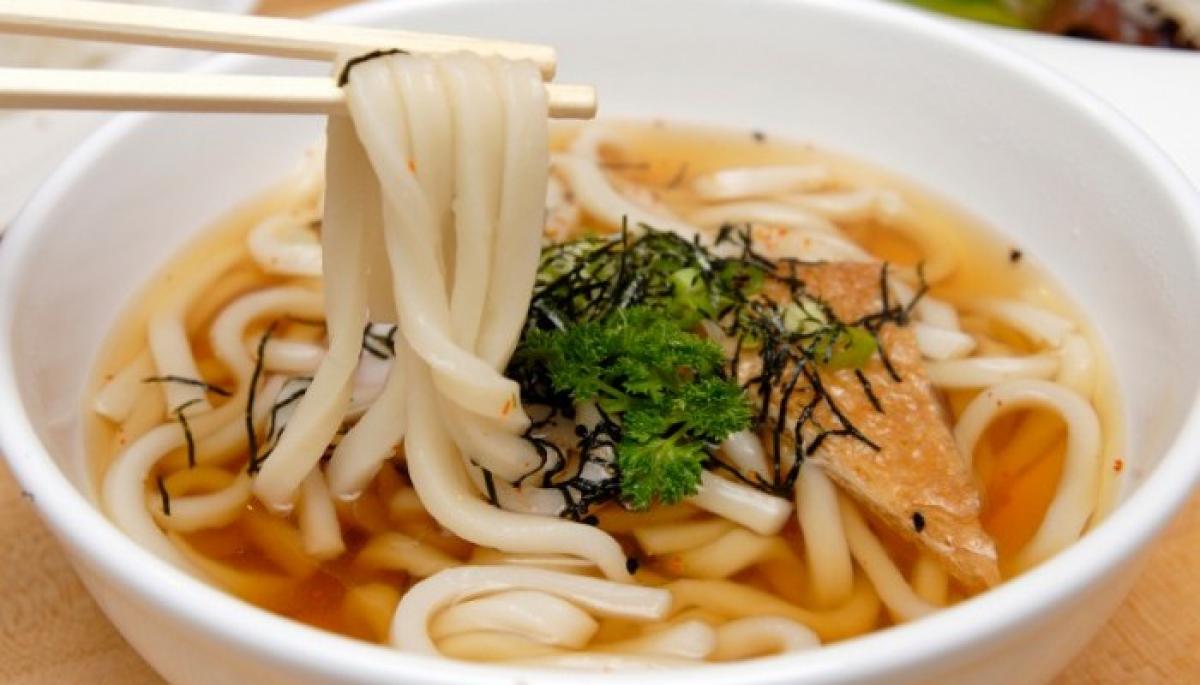Live
- ‘Get Set, Grow Summit 2024’ Focuses on Digital Detox for Families
- Stokes motivates his team to put in extra effort, says England pacer Potts
- From overcoming setbacks to leading India in U19 Women’s Asia Cup, Niki Prasad's amazing journey
- Driving Enterprise Security: Inside Venkata Reddy Thummala’s Leadership Journey
- Constitution debate: PM Modi hails 'Nari Shakti'; makes strong pitch for 'United Bharat’
- Abhijeet Bhardwaj: Revolutionizing Enterprise Analytics with Innovation and Expertise
- Bihar: Inquiry initiated against principal who went to buy veggies during school hours
- Press Sri Lankan Prez for release of Indian fishermen: TN Cong MP to EAM Jaishankar
- TN: DMK postpones executive meet due to heavy rains & Parliament session
- Porous silicon oxide electrodes can fix durability issues in batteries: Researchers
Just In

Official numbers may suggest a rosier 2017 for China, but the bottom lines of the country\'s top consumer firms - from brewers to noodle makers and cinema chains - paint a patchy picture of spending in the world\'s second-largest economy.
Official numbers may suggest a rosier 2017 for China, but the bottom lines of the country's top consumer firms - from brewers to noodle makers and cinema chains - paint a patchy picture of spending in the world's second-largest economy.
Tsingtao Brewery Co Ltd, China's number two brewer, posted its steepest drop in net profit in 20 years last week, blaming tough competition and weak demand. Noodle maker Tingyi saw profits drop by a third.
China's top cinema operator Wanda Cinema Line saw 2016 profits rise 15.2 percent - down from growth of nearly 50 percent the year before, as broader box office sales stalled. IMAX China's profit tumbled, too.
"There's still a tonne of room for growth, but these markets are much more competitive now and even bigger brands are starting to struggle," said Ben Cavender, Shanghai-based principal at China Market Research Group.
"Consumers are becoming more cagey about how they're spending their money, (from) food to clothing and movies."
Increased caution - and sophistication - will push companies to innovate, and to spend more to fend off competitors, if they are to survive, analysts said.
After growing at the slowest pace in 26 years in 2016, official data have indicated a strong start to the economy this year, supported by bank lending, a government infrastructure spree and a much-needed resurgence in private investment.
But China's consumption trends have been less clear.
Retail sales in December rose at their fastest pace in a year, thanks to cars and cosmetics, but they disappointed in the first two months of this year.[nL3N1GN3QR]
Consumption contributed the bulk of China's growth last year at nearly 65 percent, but income growth didn't pick up, and a measure of China's income inequality rose slightly last year.
A private business survey last month showed growth in the services sector slowed to a four-month low as increasing competition made it harder for companies to pass higher input costs on to consumers.
To be sure, the picture from recent earnings reports is not comprehensive nor uniform.
But the drop in profits of some of China's best-known names flags the uneven nature of the country's gradual shift to a consumer-driven economy, and the challenge for both brands and Beijing, which needs to stoke domestic consumption and private investment to fuel growth.
Of course there were bright spots.
In areas like sports apparel, firms such as Li Ning Co Ltd and ANTA Sports predicted a boost as China looks to build its sports industry and consumers become increasingly health conscious. Li Ning's profits rose sharply.
But global uncertainties - from the impact of trade policies under new U.S. President Donald Trump to political uncertainty in Europe - are expected to cloud the year.
"In 2017, great uncertainties in the economic outlook remain in view of the changes in political and economic policies in some key regions," China Resources Beer said.
The brewer reported sluggish sales growth, but also its first annual profit in three years this month.
Retailers also reported a mixed outlook, although a slowdown in e-commerce was creating opportunities elsewhere.
White goods maker Qingdao Haier, which posted annual net profit growth of 3.1 percent, said China was in a new normal of consumer growth - but expects sales to eventually accelerate with rising salaries and demand for high-tech homes.
Others bore the cost of change: home appliance retailer GOME posted a 73 percent drop in full-year profit as it spent on a strategic shake-up.
"Looking into 2017, it is expected that (the Chinese) and global economy will continue to face downward pressure, leading to sluggish market demand," said Chairman Li Dongsheng of television maker TCL Multimedia.

© 2024 Hyderabad Media House Limited/The Hans India. All rights reserved. Powered by hocalwire.com







